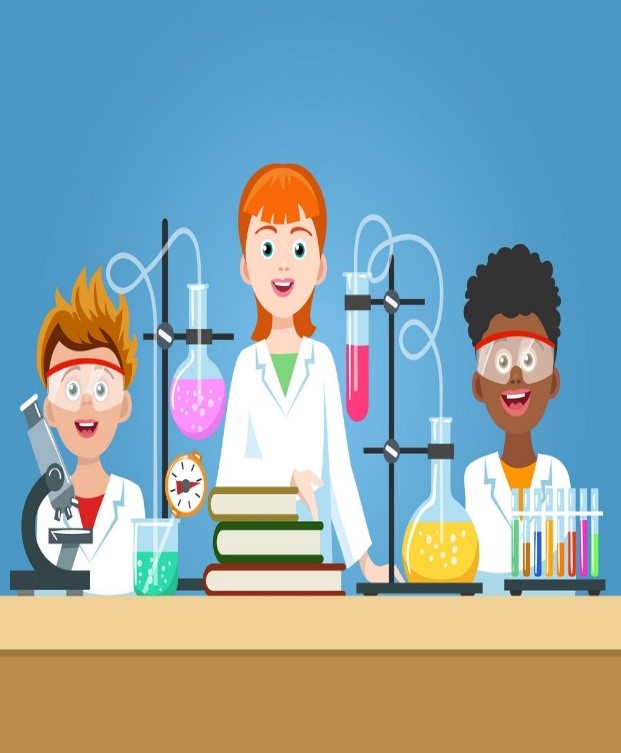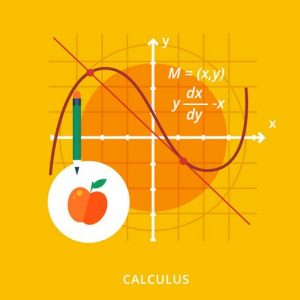Description
By the end of the course, students should have a working understanding of the basic concepts of chemistry including atomic numbers and electron configurations, the ideal gas law, enthalpy and phase changes, and more.
Learning objectives for high school chemistry typically include:
Describe heterogeneous mixtures, including suspensions and colloids.
Use the periodic table to identify trends in electronegativity and electron affinity.
Design and conduct an experiment to test the properties of substances.
Write equilibrium expressions, and use them to calculate the equilibrium constant for reactions.
Interpret the behavior of ideal gases in terms of kinetic-molecular theory, including diffusion and effusion.
Describe how to measure pH with indicators and meters.
Explain and compare fission and fusion reactions.
Identify which household chemicals are dangerous to keep together or mix.








Reviews
There are no reviews yet.